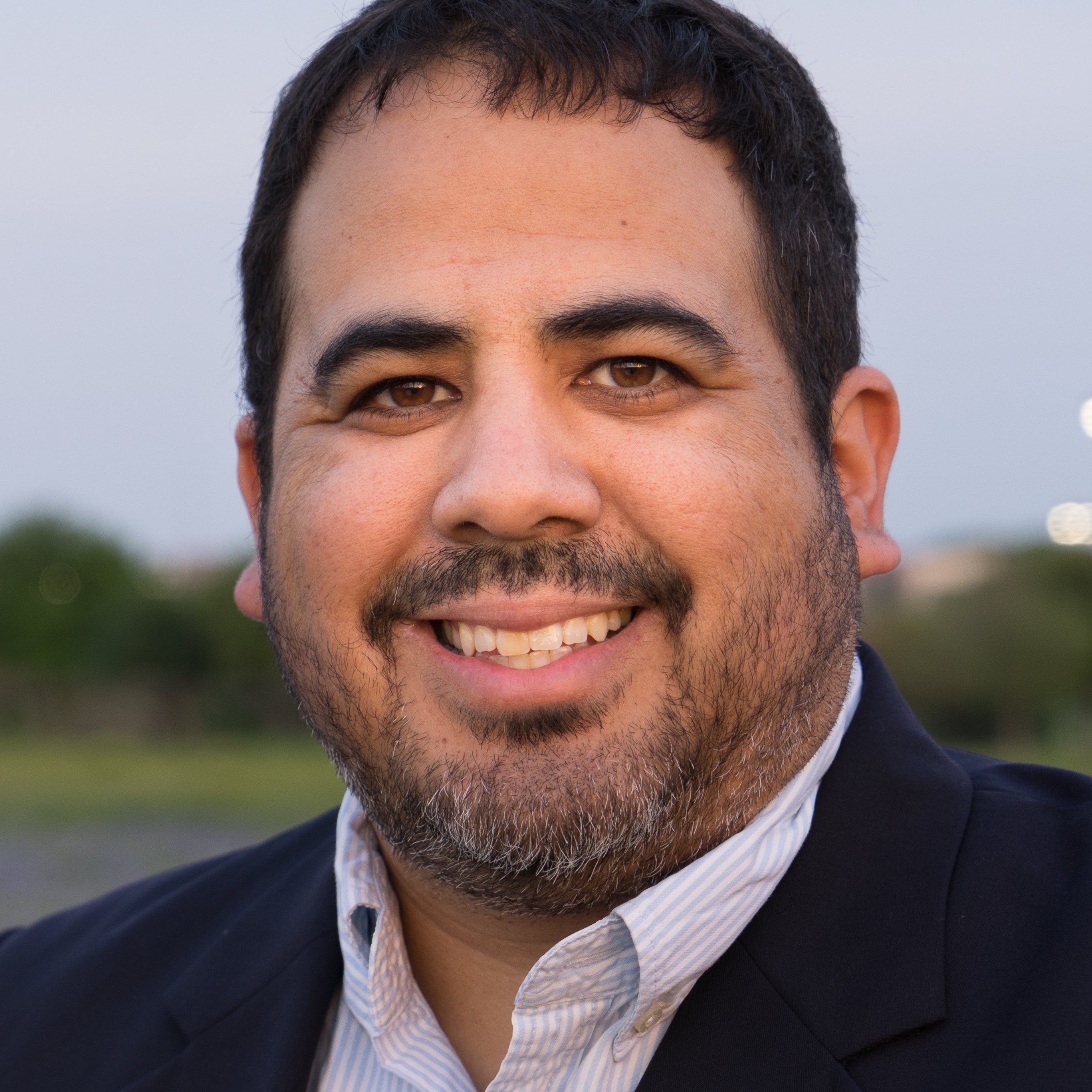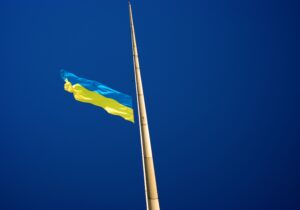In the weeks leading up to his ruthless invasion of Ukraine, I expected Vladimir Putin to use coercive military force, but like many others I did not completely expect anything on the scale we are currently witnessing. My priors were shaped by Putin’s limited operations in his annexation of Crimea and his assistance of the Bashar al-Assad regime in Syria. Yet even then, I was way out in front of most others I know because I thought the odds of a full-scale invasion were sizably non-zero because I had already learned to have a wider moral imagination when the topic is Putin’s strategic logic.
Whatever surprises we all shared are at least mitigated (if only a little) by the nearly univocal global response. Ukraine is blessed to be led by a man of conviction who by all measures is rising to meet the moment. The West has supported President Volodymyr Zelensky with intensive sanctions, the seizure of oligarch boats, and the delivery of much-needed defensive weapons like Javelin missiles. Thank goodness. There has not been a war in recent memory in which the moral stakes were as clear.
Unfortunately, those responses will not be enough. After the invasion began, I revisited some of the pre- and early-World War II writings of Reinhold Niebuhr for reflection and insight. One from the spring of 1942 stuck out at me:
It is quite obvious that the superficial unity, achieved by the Pearl Harbor attack, is pretty well dissipated now. The isolationists are beginning to come out of their storm cellars. We can expect a fairly strong propaganda in favor of a negotiated peace should we continue to suffer further military reverses.
It reminded me not only of the superficial unity that America, and the rest of the world, had after 9/11 but also of the eventual disunity that returned in a few short years after the terrorist attack. The rally behind then-President George W. Bush was short-lived. And our two major parties began fighting between themselves over the meaning and purpose of the wars in Afghanistan and Iraq. (Occasionally, even factions within the parties fought amongst themselves.) The result was not a single 20-year war, but 20 one-year wars. It is not a question of if, but when global unity will soften and former die-hard supporters of the Ukrainian cause will slink away. We should be realistic about that eventuality. If we are, we can ask about what kind of Ukraine, what kind of Europe, we want to see.
If the ideal outcome is a free and prosperous Ukraine, perhaps with European Union and NATO membership, then new and more immediate questions become obvious. For example, how we can ensure Ukraine survives long enough to have a chance at that outcome? With the caveat that many of the facts can change quickly, whatever setbacks that have befallen Russia have not yet been decisive. But Putin has signaled a willingness to press on to take all of Ukraine. Deterring him from further escalation is possible, but it requires what Thomas Schelling called “the art of commitment.”
To sharpen the point, we must begin thinking through some very difficult questions to include but not limited to sending volunteer pilots reminiscent of the World War II Eagle Squadrons, lend-lease, and honoring President Zelenksy’s request for donating military aircraft. American veterans are volunteering, but it remains an open question if, when, or how the US government might support them.
Thus far, however, most of the public commentary seems to have settled on unity for sanctions and unity on nothing else. To be sure, these are points that demand care and attention. NATO, the United States, and European powers should not recklessly adopt commitments. Nevertheless, while skepticism over defensive escalation is reasonable, if the war prolongs and the devastation mounts, the only alternatives will be to do nothing or make policy reactively.
The first is tantamount to abandoning Ukraine to a horrible fate. The second might be worse. Reactive policymaking is dangerous. It risks both over-reacting and under-reacting to rapidly changing circumstances. It temps us into the worst of conditions wherein the risk of further escalation is not our own to manage.
Thankfully there are many other options, right now anyway. American and European strategists could begin telegraphing a growing willingness to raise the costs for Russia. They may be doing that as we speak, with the recent news that Poland is finally sending Ukraine fighter jets.
To do this well, we should not think of escalation as a simple “yes or no” question to each proposal, but rather as a question of which rung on the ladder we wish to place each proposal. It is also a question of when we will be willing to climb each rung.
Putin is a thug. That much has been obvious for some time. If we were not realistic that he will refuse to change, we are now. Realism, rightly understood, demands that we remain sensitive to the world as it is rather than as we wish. But morality insists that we not masquerade cowardice or cynicism behind a feigned dispassionate sophistication. Asking the strategic questions now is not merely good realism, it is also good moralism.







 Sponsor a student for Christianity & National Security 2024
Sponsor a student for Christianity & National Security 2024